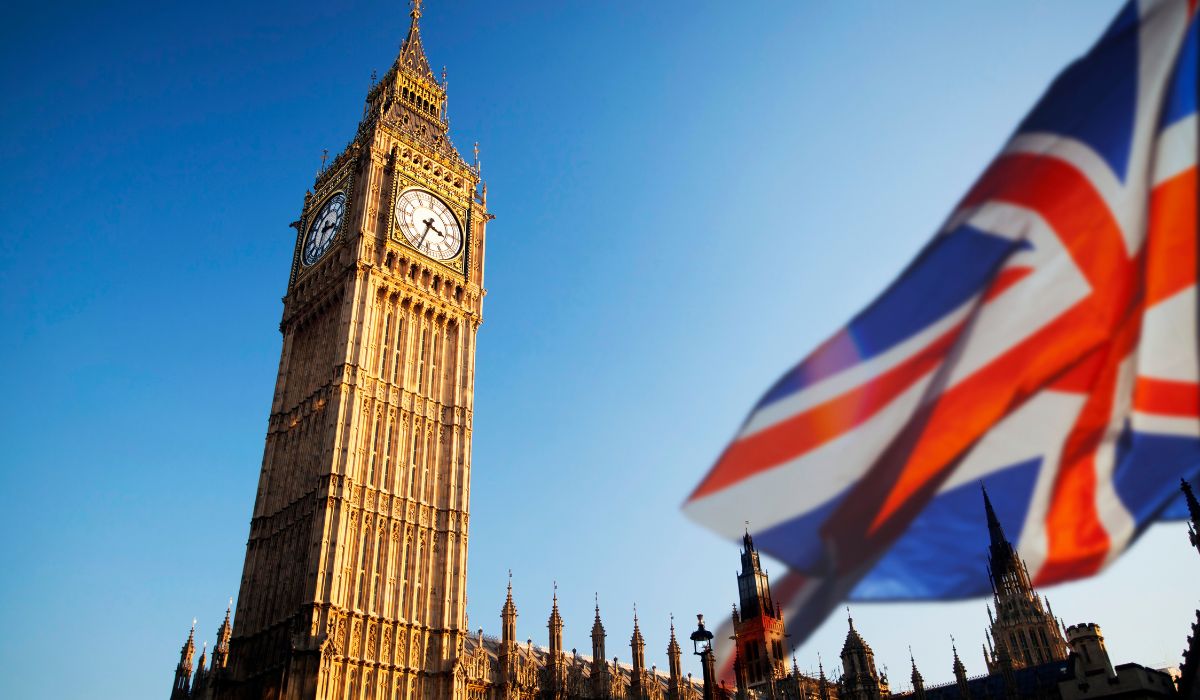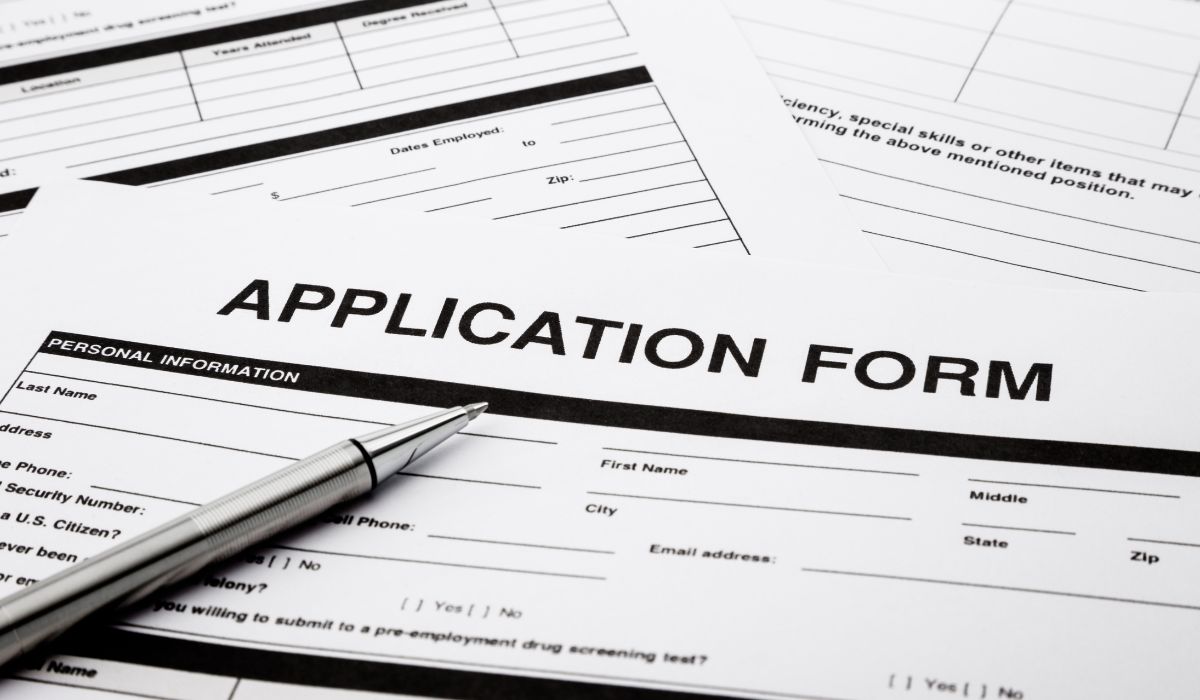How to Become a UK Citizen: A Complete Guide
5 min read
Becoming a UK citizen is a significant milestone that offers many benefits, including the right to live and work in the UK permanently, access to public services, and the ability to vote in elections. Whether you’re a long-term resident or have ties to the UK through marriage or ancestry, this guide will walk you through the steps to achieve British citizenship.
Understanding UK Citizenship
UK citizenship grants individuals full rights and privileges, including the ability to hold a British passport, vote in elections, and access state benefits. Unlike permanent residency, which allows indefinite stay, citizenship makes you a full member of the country.
Who Can Apply for UK Citizenship?
You may be eligible for UK citizenship if you fall into one of the following categories:
- You have lived in the UK for a specific period (typically 5–6 years).
- You are married to or in a civil partnership with a UK citizen.
- You have British parents or grandparents.
Eligibility Criteria for UK Citizenship

For most applicants, lawful residence in the UK for at least 5 years is required (3 years if applying as the spouse of a UK citizen). You must also hold Indefinite Leave to Remain (ILR) or equivalent status for at least 12 months before applying.
Language and Knowledge of Life in the UK
Applicants must demonstrate:
- Proficiency in English, Welsh, or Scottish Gaelic through a recognized language test.
- Knowledge of UK culture, history, and laws by passing the Life in the UK Test.
Good Character Requirement
The Home Office assesses applicants on their “good character,” which involves:
- A clean criminal record.
- No history of immigration violations.
- Honesty and integrity in your dealings.
What Are the Different Pathways to UK Citizenship?
There are several pathways to UK citizenship, each designed to accommodate different circumstances. Whether you’re applying through naturalisation, marriage to a UK citizen, descent, or special circumstances, understanding these routes can help you determine the best option for your situation. Let’s explore these pathways in detail.”
Naturalisation
This is the most common route for permanent residents (ILR holders) to become citizens. You must meet residency, language, and good character requirements.
Citizenship by Marriage
If you are married to a UK citizen, you can apply for citizenship after 3 years of residence. You must also meet the language, knowledge, and character requirements.
Citizenship by Descent
Children born to UK citizens outside the country or those with UK-born grandparents may be eligible for citizenship through descent.
Other Routes
Special circumstances, such as being a refugee or stateless person, may provide a path to UK citizenship. These cases often have unique requirements.
How Do You Navigate the UK Citizenship Application Process?

Applying for UK citizenship can seem overwhelming, but breaking it down into clear steps makes it manageable. From gathering documents to submitting your application, here’s what you need to know.
Preparing Your Documents
Before applying, gather the following documents:
- Valid passport and any previous travel documents.
- Proof of residency, such as utility bills or council tax statements.
- Evidence of your ILR or settled status.
- Language test certificate and Life in the UK Test pass notification.
Submitting the Application
Applications are submitted online via the UK Home Office portal. You’ll need to:
- Complete the online form with accurate details.
- Pay the application fee (currently around £1,330).
- Book a biometric appointment to submit your fingerprints and photo.
Biometric Appointment
At your biometric appointment, your identity will be verified, and your biometric data (fingerprints and photograph) will be collected. Be sure to bring your documents and confirmation email.
What Does It Take to Pass the Life in the UK Test?
Passing the Life in the UK Test requires a solid understanding of British history, culture, and laws. This mandatory test assesses your knowledge of topics ranging from key historical events to modern societal values. The test is computer-based, consists of 24 multiple-choice questions, and requires a passing score of 75% or higher.
Preparation is key to success. Using the official Life in the UK Handbook, practice tests, and online resources can help you familiarize yourself with the content and format. On test day, ensure you bring proper identification and your booking confirmation to the approved test center.
If you don’t pass on your first attempt, you can retake the test as many times as needed, making preparation even more critical to avoid delays in your citizenship application.
What Happens After You Submit Your Citizenship Application?
Once you’ve submitted your application, the waiting process begins. The UK Home Office will review your application, which typically takes 6 months. During this time, they may request additional information or documents.
Once approved, you’ll be invited to a citizenship ceremony. During the ceremony:
- You’ll take the Oath of Allegiance and pledge your loyalty to the UK.
- You’ll receive your citizenship certificate.
After becoming a citizen, you can apply for a British passport. The process involves:
- Submitting your citizenship certificate and photo ID.
- Paying the passport fee (around £75 for adults).
- Waiting 6–8 weeks for processing.
Biggest Challenges to UK Citizenship and How Can You Overcome Them
Applying for UK citizenship can present hurdles like document errors or failing requirements, but preparation and persistence can help you succeed.
Reasons for Application Rejection
- Missing or incorrect documents.
- Failing the good character assessment.
- Errors in the application form.
How to Address Issues
- Double-check your application and ensure all details are accurate.
- Seek legal advice if your application is denied or delayed.
Overcoming Language Barriers
If English is not your first language, invest time in preparing for the language test. Many online and local resources are available to help improve your skills.
Costs of UK Citizenship and Financial Considerations
From application fees to test expenses, understanding the financial requirements of UK citizenship helps you plan effectively and avoid surprises.
Application Fees
Be prepared to pay:
- Citizenship application fee: £1,330.
- Life in the UK Test fee: £50.
- Biometric appointment fee: around £19.
Financial Planning
Plan for these expenses in advance. Some applicants may qualify for financial assistance or legal aid in specific circumstances.
Conclusion
Becoming a UK citizen is a rewarding journey that opens the door to numerous opportunities and rights. By understanding the requirements, preparing thoroughly, and following the application process, you can achieve your goal of British citizenship. Whether through naturalisation, marriage, or descent, dedication and careful planning will ensure a smooth path to citizenship.
Are you ready to start your journey? Share your questions or experiences in the comments below!



